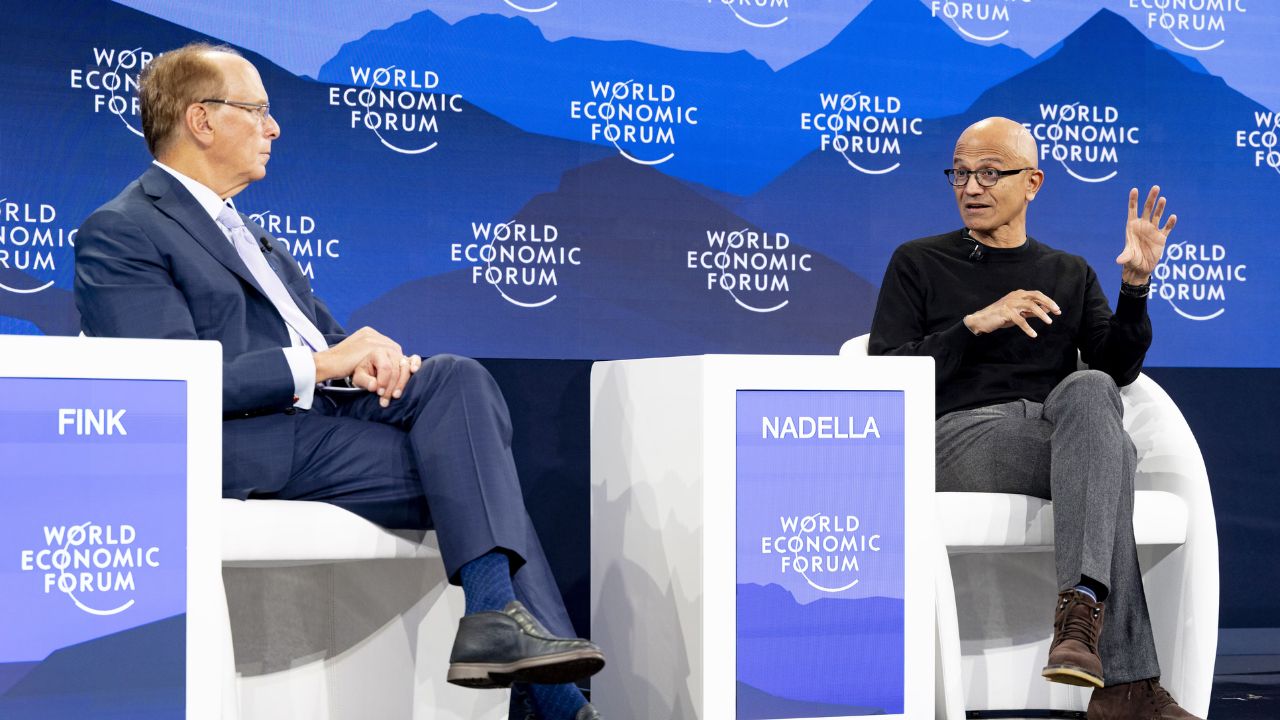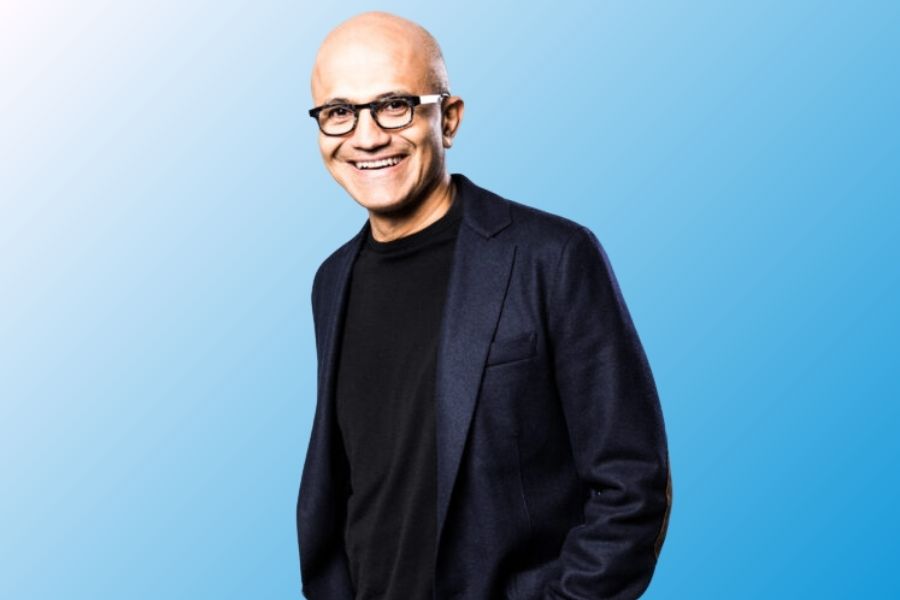Google's chief executive officer Eric Schmidt has conceded that there was a 'defensive component' to its decision to launch its Chrome browser, which will compete with Microsoft's Internet Explorer.
Schmidt said in an interview with the Financial Times at the Republican national convention in St Paul, that Google's Chrome browser was built mainly to create a more secure and stable platform for internet users.
However he also admitted that "there is a defensive component" to the decision as Google is trying to prevent Microsoft from using its dominant Internet Explorer browser to outflank it.
Explorer has a default setting to Microsoft's Live Search and last week Microsoft introduced an Explorer update that can block access to users' browsing habits from third-party sites.
Schmidt said: "Microsoft has a history of favouring its own applications and I can give you 500,000 pages of court testimony ... and so on about that."
Microsoft's Internet Explorer accounts for 72% of installed browsers after besting rival programme Netscape in the 1990s' "browser wars".
In reference to this battle Schmidt said: "We think that the browser continues to be an important platform -- that the browser wars of 10 years ago were right: the browser matters."
He said that Google had changed its long-term position, that it did not need an internet browser because things had changed over the past couple of years.
Schmidt claimed that people had started building powerful applications on top of browsers and "the browsers that were out there in particular in [sic] Explorer, were not up to the task of running complex applications".
He also hinted at Google's long-term aims of challenging Microsoft's dominant position in corporate software, saying that Chrome would be a platform for "powerful industrial apps".




